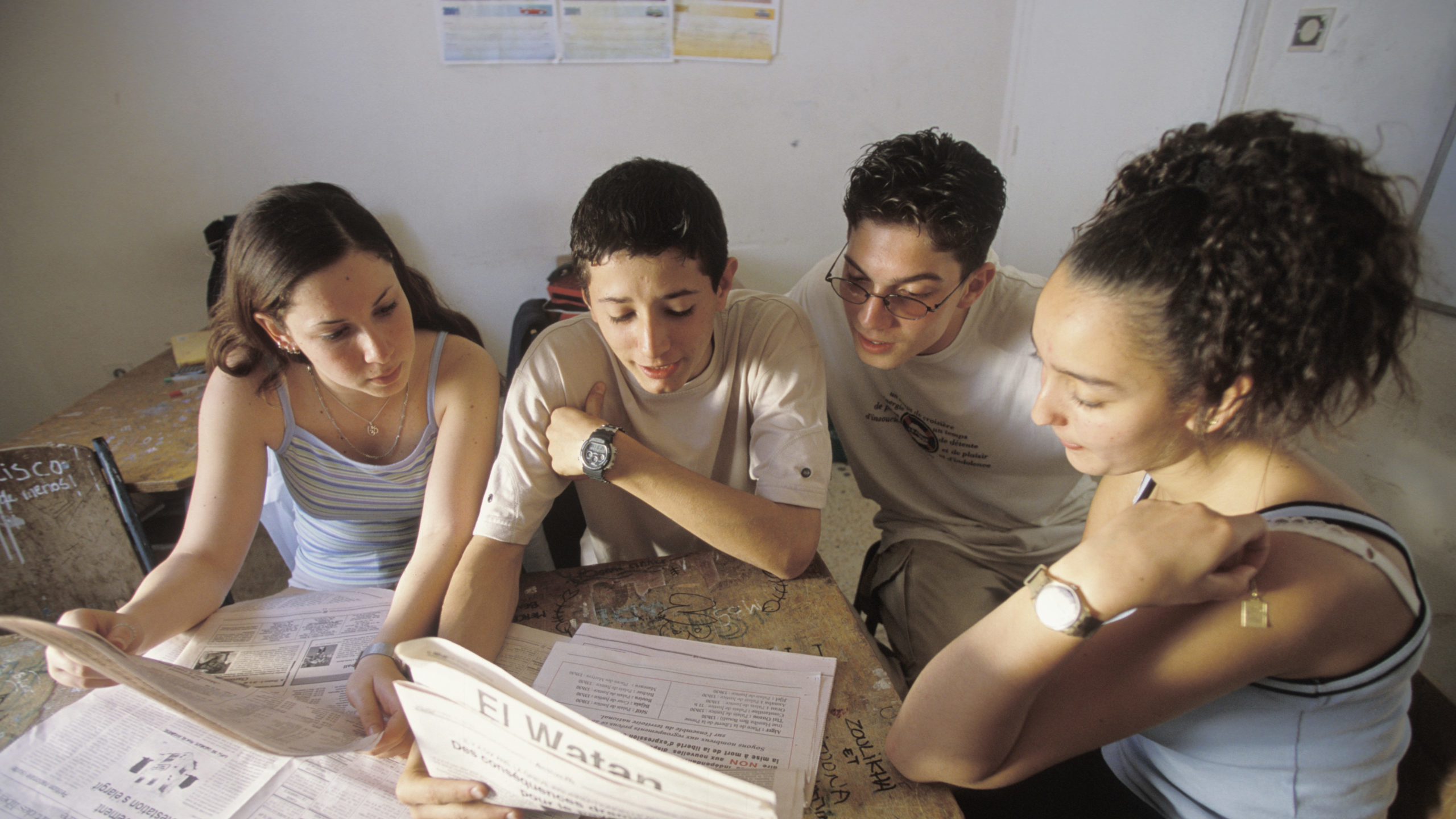project
Youth Uncertainty Rights (YOUR) World Research has carried out qualitative and participatory research with over 1000 of the most marginalised young people across eight fragile environments in Ethiopia and Nepal. YOUR World Research shows that when we include youth and listen to their views, a picture emerges of creativity and innovative ideas in the face of significant challenges in their lives and their environments.
YOUR World Research places youth at the centre. It takes as a starting point youth agency and how this is relational: they interact with confidence and creativity as well as being restricted by social norms and cultural and religious beliefs and practices. The Change-scape framework recognises that different places and spaces for youth can feel safe or insecure and may or may not facilitate participation. Young people also experience transitions as they grow up, developing their shifting and multiple identities and strategies for inclusion. YOUR World Research incorporates an attention to change over time, including both changing contexts and transitions as youth grow up.
Cross cutting issues of structural inequalities, and the effect of generational power dynamics on marginalised and street connected youth (aged 15-24 years), were examined in their local cultural, political, urban and rural contexts. The research also recognised the disproportionate impact that violence associated with social hierarchy has on the lives of youth of different gender and ethnicity/ caste, and which measures can help youth deal with their experience of violence in different contexts.
In the face of uncertainty, young people may find creative solutions and develop innovative strategies towards new and more hopeful futures in attempts to support their families. The research explores how identities and notions of autonomy and belonging are developed in response to uncertainty, including whether young people reject existing ‘traditional’ norms, create new social norms, seek support and leadership in alternative groupings and forms of peer support. Uncertainty may also be regarded as positive by young women if their certainty in rural communities in Ethiopia and Nepal is usually early marriage and highly gendered discrimination. Young people of all genders may take risky pathways or choose illegal migration if their certainty is continued poverty, marginalisation and discrimination.
YOUR World Research demonstrates that we can learn from young people who are experts in uncertainty in their lives and in their transitions as they grow up, and as they interact with rapidly changing and fragile environments in both Ethiopia and Nepal.






